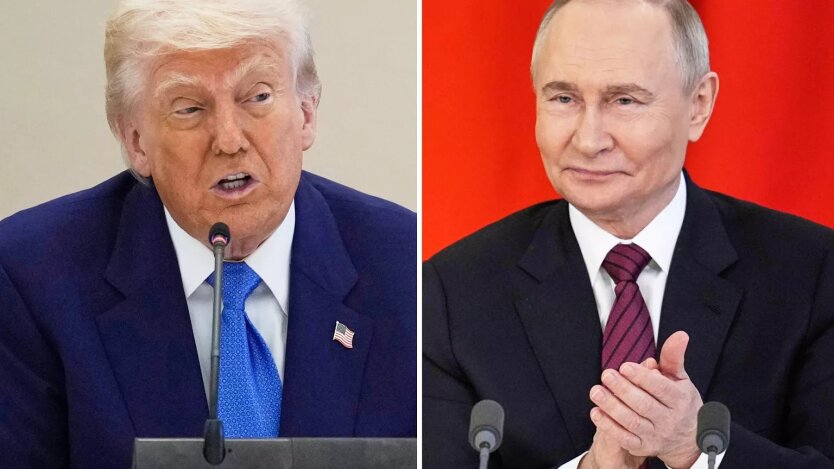Why the NBU Allowed the Weakening of the Hryvnia: Pyshnyi Explained the Regulator's Strategy.


The National Bank of Ukraine (NBU) explained the reasons and consequences of the weakening of the hryvnia a year after transitioning to a managed exchange rate flexibility regime.
According to Andriy Pyshnyi, the head of the NBU, such a change in the exchange rate positively affected the economy during the war.
"This occurred against the backdrop of a combination of exogenous factors (longer and more intensive war, destruction of energy infrastructure, rumors of a "default"), easing of monetary policy and currency restrictions by the National Bank, which was critically important for businesses and stimulating economic activity," explained Pyshnyi the reasons for the hryvnia's weakening.
The hryvnia fell against the dollar by almost 13% on the official market and by 9% on the cash market. This weakening happened due to the war and the easing of monetary policy.
However, according to Pyshnyi, this exchange rate dynamic also had positive consequences. Inflation over the year met the regulator's target of 5%. The trade deficit decreased from $24.5 billion to $22.2 billion. Also, assets in the national currency remained attractive.
Pyshnyi reminds of the high rates on hryvnia deposits and bonds. Last year, rates reached up to 12% on deposits and 19% on bonds.
Read also
- The US is sabotaging Trump's peace plan: expert names the culprit in the Pentagon
- Ukraine Awaits a Summer of Ruthless Attacks: WSJ Reveals Putin's New Plan
- Response on 'Shahedi': The Armed Forces of Ukraine struck a key defense industry facility in the Moscow region
- The state operator of the rear spoke about sanctions against unscrupulous suppliers
- Russia struck 550 targets: Zelensky revealed details of the largest combined attack on Ukraine
- Training 'Sea Breeze 2025': what tasks for Ukrainian ships










